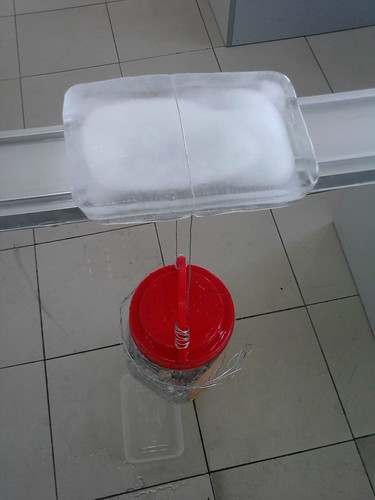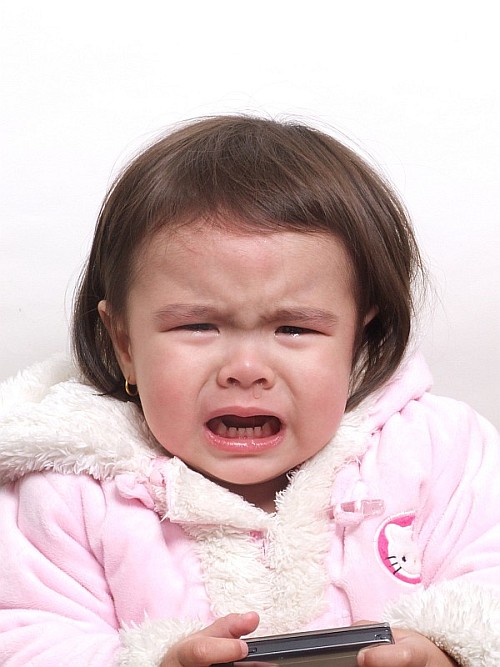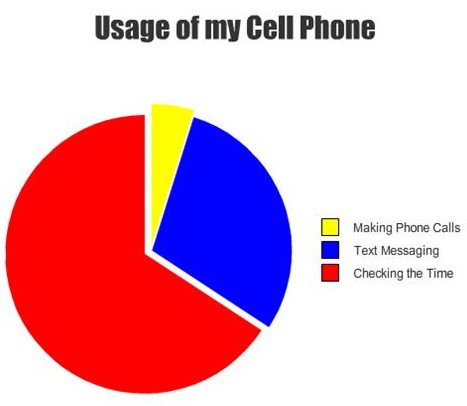A couple days ago in Physics class I had a group of students set up a regelation demo, and we observed the ice melting and refreezing as it was slowly sliced through by a metal wire. The block of ice came from a plastic take-out tub that I froze overnight, so the "cloud" that you usually see in the middle of ice cubes was large and very obvious. One of the students wondered why ice cubes have the white cloud.
The best hypothesis that I can synthesize from the information I found through Google is that the cloud comes from two sources: air that forms bubbles, and minerals or other impurities.
The solubility of air in water goes down as the temperature of water drops, so air comes out of the water and forms bubbles. Bubbles at the edges of the ice cube have a chance to escape to the outside, but after the edges freeze the bubbles in the core of the ice cube are trapped and embedded in the ice as it freezes the rest of the way. One way to avoid these bubbles is by boiling the water first to deaerate it. You can then try putting the boiling water directly into the freeze to observe the Mpemba effect: "in certain specific circumstances, warmer water freezes faster than colder water". Also, if you boil water, cool it, and then boil it again, you will notice air bubbles forming on the inside of the boiling container before the first boil, but not before the second boil because the water is already deaerated. We will try that in class today.
It's possible to eliminate clouding from minerals by using distilled water, or by using this interesting method used in ice manufacturing plants:
A technique used in most ice manufacturing plants that make large blocks of ice is to put a tube in the center of the container of water that is to be frozen. Through the tube they bubble a very low pressure stream of air. Before the tube becomes ice-bound, they remove it, and they pour or suction the water that is left in the center of the ice block away. All of the impurities -- dirt, dissolved air and minerals -- are forced into this water by the crystallizing ice. They fill the void with fresh water (or not) and continue freezing. The core of the block is clouded but the rest of the block is clear. If the core is not refilled and frozen, the entire block is clear.

See the white cloud?






